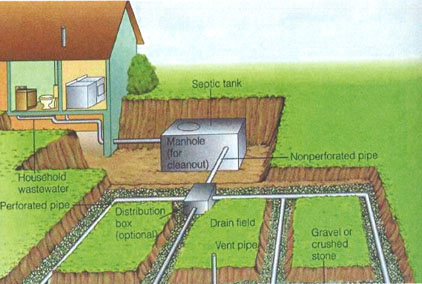 A small portion of the IRWD service area located in the canyons of Modjeska, Silverado, Williams and in Orange Park Acres rely on septic tanks to treat their sewage. While they are IRWD customers they are not tied into IRWD’s collections, or sewer system.
A small portion of the IRWD service area located in the canyons of Modjeska, Silverado, Williams and in Orange Park Acres rely on septic tanks to treat their sewage. While they are IRWD customers they are not tied into IRWD’s collections, or sewer system.
The rule is any home not within 200 to 300 feet of a sewer line more than likely has a septic system. IRWD does not service septic systems; however, there are resources available for our customers who use septic.
The Environmental Protection Agency launched SepticSmart, a national program to promote proper septic system care and maintenance by homeowners.
“If a system is properly sized and maintained, homeowners can go several years without having them pumped out,” said Greg Springman, IRWD’s Collection Systems Manager.
When it does become time for a septic tank to be pumped out, Springman cautions homeowners to make sure the pumper is properly licensed.
Septic systems have been used in this country since the late 1880s. A standard septic tank is 1,000 to 2,000 gallons. The tank will typically have two inspection openings with one inlet opening coming from the house and one outlet opening going to the distribution box. The distribution box is the junction between the septic tank and the leach field, which equally distributes the digested effluent material to the leach field.
When properly maintained and used, these systems serve to effectively treat and dispose of sewage. But much like sewers, septic system back-ups and overflows can lead to costly homeowner repairs and can pollute local waterways, creating a public health risk.
“A leaky toilet or faucet can hydraulically overload the tank and leach field, saturating the ground,” Springman said.
For more information on septic systems maintenance, please visit the EPA’s website.



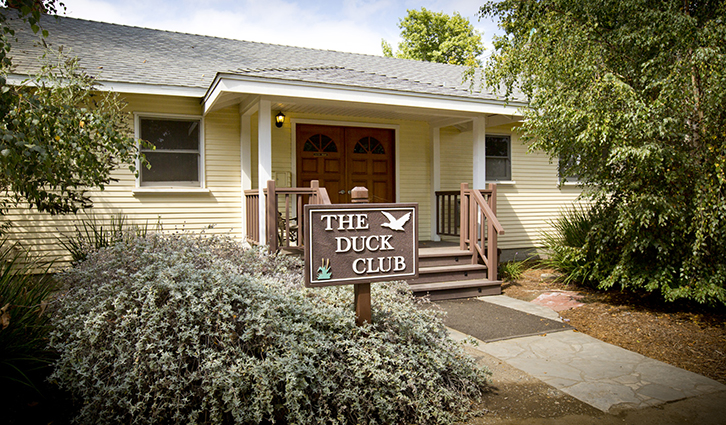

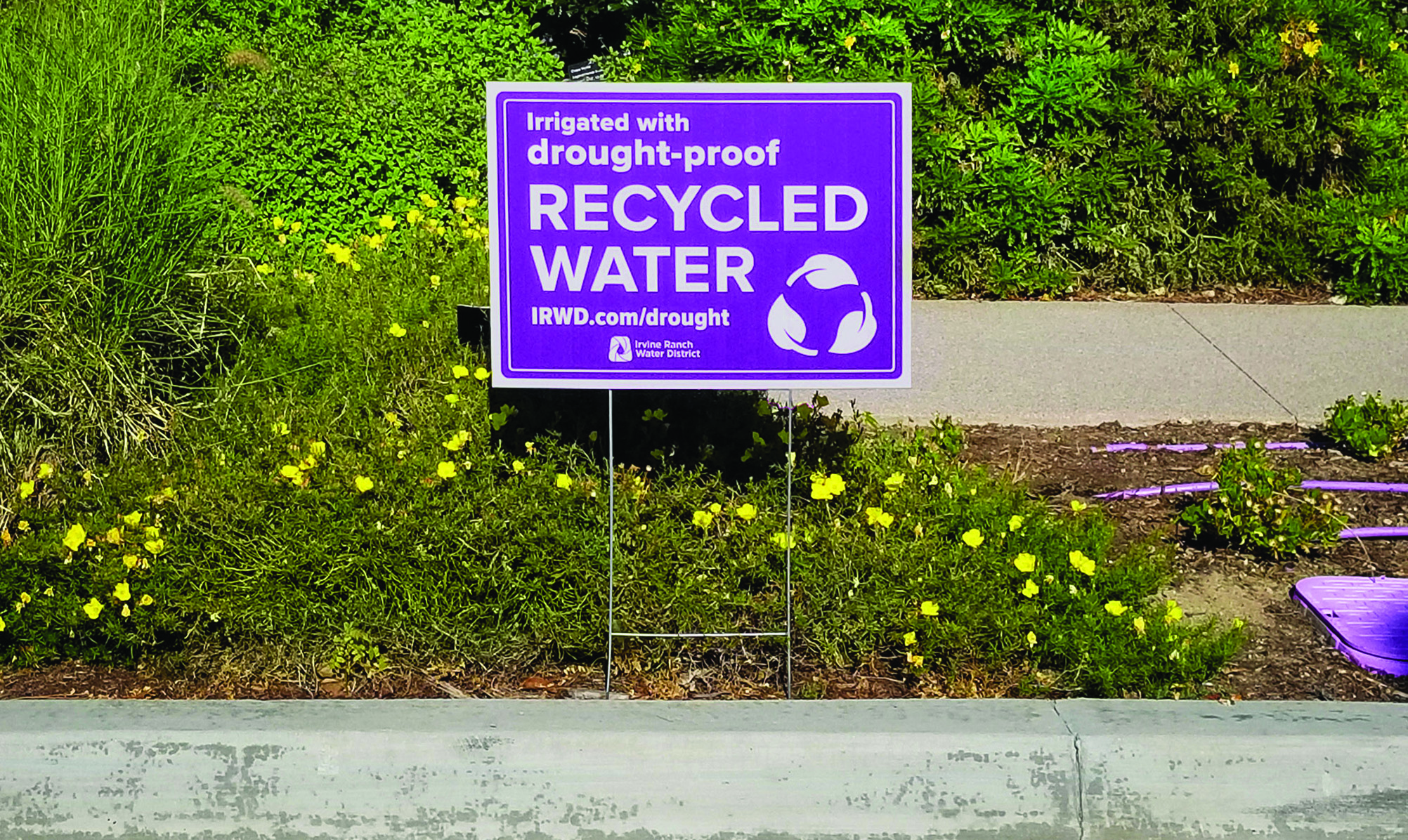

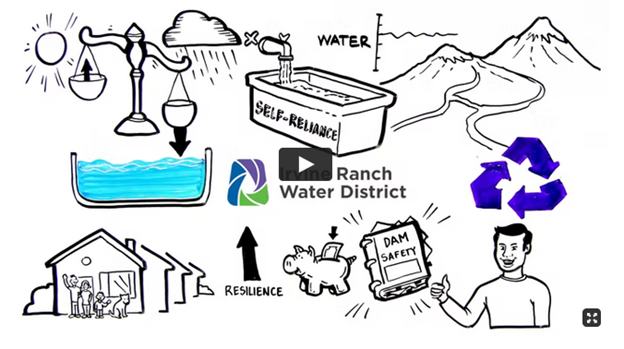
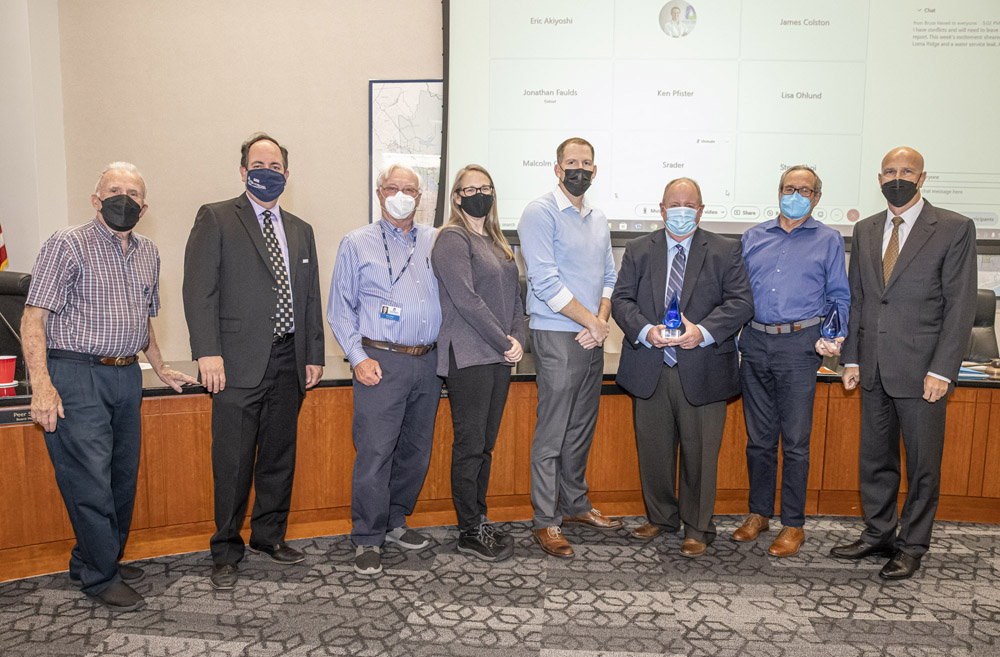
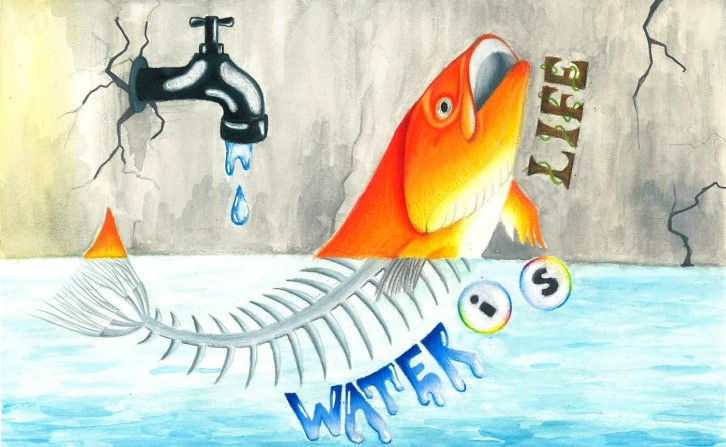


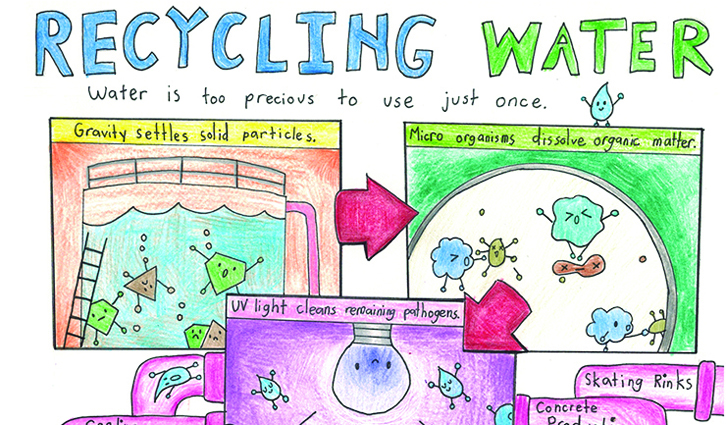


 Threats of rain, and later, a storm, didn’t dampen the spirit of 95 volunteers who turned out to plant, prune and weed the stock at the Shadetree Partnership nursery on December 7.
Threats of rain, and later, a storm, didn’t dampen the spirit of 95 volunteers who turned out to plant, prune and weed the stock at the Shadetree Partnership nursery on December 7.

 We’ve all had to deal with them – those little stickers on an apple or tomato that are stubborn to remove. Often, they wind up down the drain, eventually ending up at the wastewater treatment plant. At Irvine Ranch Water District, we advise our customers to be careful of what they put down the drain, or flush down the toilet.
We’ve all had to deal with them – those little stickers on an apple or tomato that are stubborn to remove. Often, they wind up down the drain, eventually ending up at the wastewater treatment plant. At Irvine Ranch Water District, we advise our customers to be careful of what they put down the drain, or flush down the toilet.
 Customers dropping by the Irvine Ranch Water District office to conduct business may also donate to the Orangewood Children’s Foundation and help brighten the holidays for others.
Customers dropping by the Irvine Ranch Water District office to conduct business may also donate to the Orangewood Children’s Foundation and help brighten the holidays for others.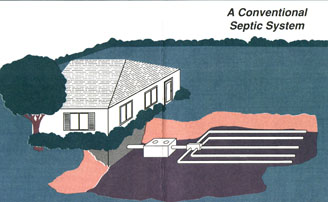
 A small portion of the IRWD service area located in the canyons of Modjeska, Silverado, Williams and in Orange Park Acres rely on septic tanks to treat their sewage. While they are IRWD customers they are not tied into IRWD’s collections, or sewer system.
A small portion of the IRWD service area located in the canyons of Modjeska, Silverado, Williams and in Orange Park Acres rely on septic tanks to treat their sewage. While they are IRWD customers they are not tied into IRWD’s collections, or sewer system.